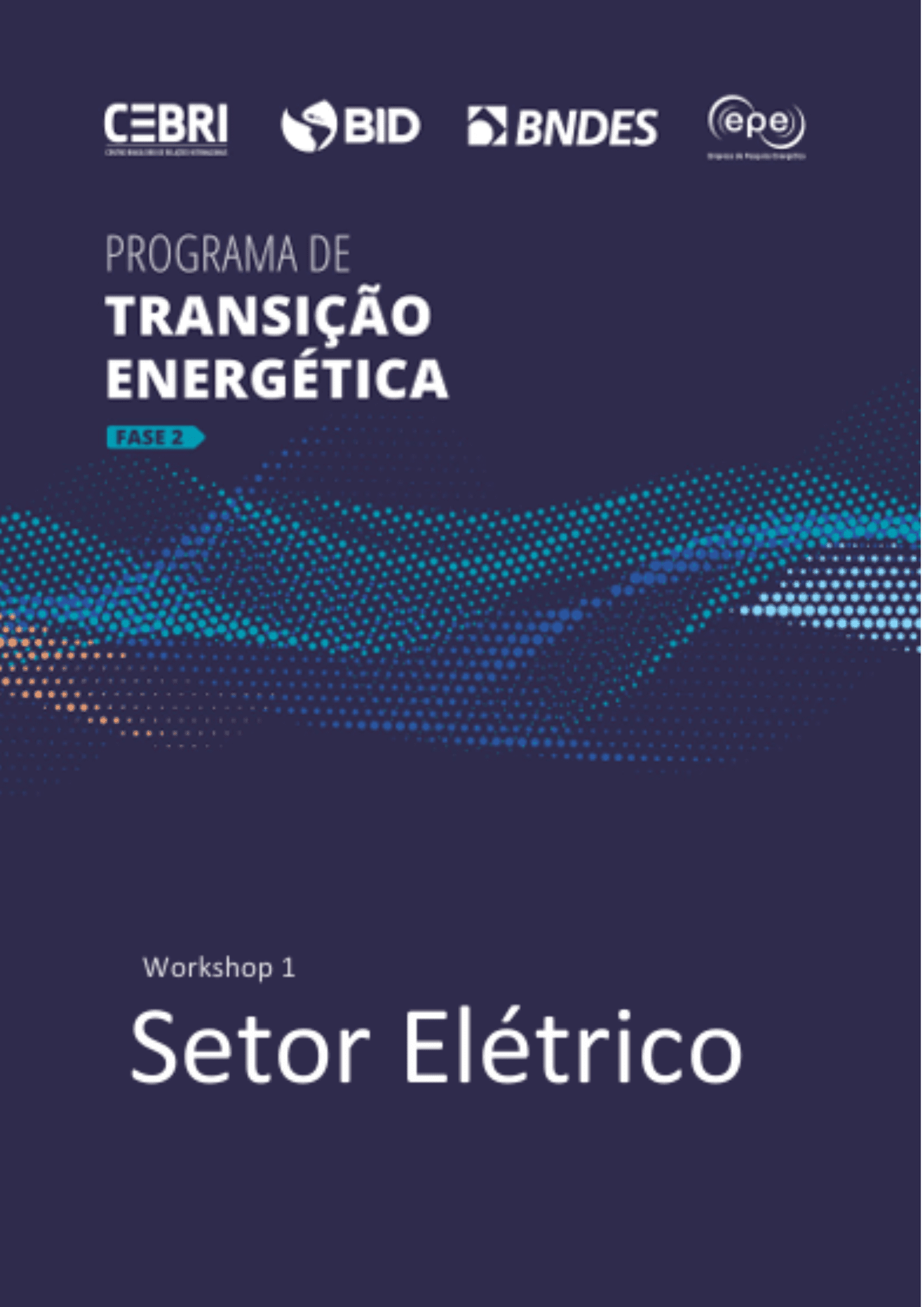The first phase of the Energy Transition Program (PTE1) aimed to identify carbon neutrality pathways for Brazil. To achieve this, it sought to understand which routes would enable a more efficient use of resources and thus contribute, independently and openly, to the formulation of public policies for Brazil's energy matrix by 2050. By structuring dialogues and participation from various stakeholders, the Program aimed to foster consensus through detailing the analysis of critical uncertainties, exploring scenarios and sensitivities, in order to build an original vision of trajectories based on Brazilian specificities.
In February 2023, three distinct scenarios were presented that converge towards net-zero greenhouse gas (GHG) emissions in the country by 2050: (i) Brazilian Transition (TB); (ii) Alternative Transition (TA); and (iii) Global Transition (TG).
Taking into account the recommendations and seeking to promote the acceleration of the Brazilian energy transition, as well as position Brazil as a global energy powerhouse providing sustainable solutions, CEBRI is executing the second phase of the Energy Transition Program with the aim of detailing guidelines, strategies, and actions summarized in roadmaps, particularly highlighting the 2025-2040 horizon, indicating what needs to be advanced to eliminate technical, economic, regulatory, and institutional barriers in order to materialize the emissions neutrality pathways established in the First Phase of the Program (PTE1), as well as measuring the macroeconomic impacts of these pathways.
The strategic objective of PTE2 is, through a stakeholder forum, to develop sectoral roadmaps that address the required advancements in institutional, regulatory, and public policy environments, enabling Brazil not only to achieve neutrality in its emissions but also to position itself as a global provider of green solutions (energy, products, and technologies) during the 2025-2040 period. Within this scope, updating the projections of decarbonization scenarios and measuring the macroeconomic impacts of the transformation pathways in the energy, industrial, and land use sectors will be fundamental to the work.
Additionally, complementary and integrated studies will be conducted with an environmental perspective on the role of advanced biofuels for hard-to-decarbonize sectors and critical and strategic minerals for the transition, in order to produce data and recommendations that outline the paths to be taken for Brazil to become a global player in these sectors in the context of decarbonizing economies.
The first phase of the Energy Transition Program (PTE1) aimed to identify carbon neutrality pathways for Brazil. To achieve this, it sought to understand which routes would enable a more efficient use of resources and thus contribute, independently and openly, to the formulation of public policies for Brazil's energy matrix by 2050. By structuring dialogues and participation from various stakeholders, the Program aimed to foster consensus through detailing the analysis of critical uncertainties, exploring scenarios and sensitivities, in order to build an original vision of trajectories based on Brazilian specificities.
In February 2023, three distinct scenarios were presented that converge towards net-zero greenhouse gas (GHG) emissions in the country by 2050: (i) Brazilian Transition (TB); (ii) Alternative Transition (TA); and (iii) Global Transition (TG).
Taking into account the recommendations and seeking to promote the acceleration of the Brazilian energy transition, as well as position Brazil as a global energy powerhouse providing sustainable solutions, CEBRI is executing the second phase of the Energy Transition Program with the aim of detailing guidelines, strategies, and actions summarized in roadmaps, particularly highlighting the 2025-2040 horizon, indicating what needs to be advanced to eliminate technical, economic, regulatory, and institutional barriers in order to materialize the emissions neutrality pathways established in the First Phase of the Program (PTE1), as well as measuring the macroeconomic impacts of these pathways.
The strategic objective of PTE2 is, through a stakeholder forum, to develop sectoral roadmaps that address the required advancements in institutional, regulatory, and public policy environments, enabling Brazil not only to achieve neutrality in its emissions but also to position itself as a global provider of green solutions (energy, products, and technologies) during the 2025-2040 period. Within this scope, updating the projections of decarbonization scenarios and measuring the macroeconomic impacts of the transformation pathways in the energy, industrial, and land use sectors will be fundamental to the work.
Additionally, complementary and integrated studies will be conducted with an environmental perspective on the role of advanced biofuels for hard-to-decarbonize sectors and critical and strategic minerals for the transition, in order to produce data and recommendations that outline the paths to be taken for Brazil to become a global player in these sectors in the context of decarbonizing economies.
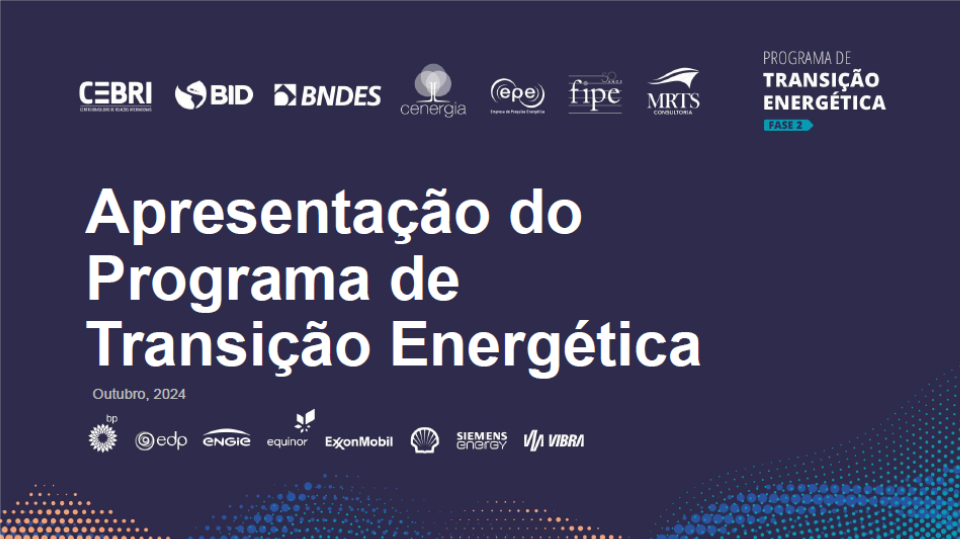

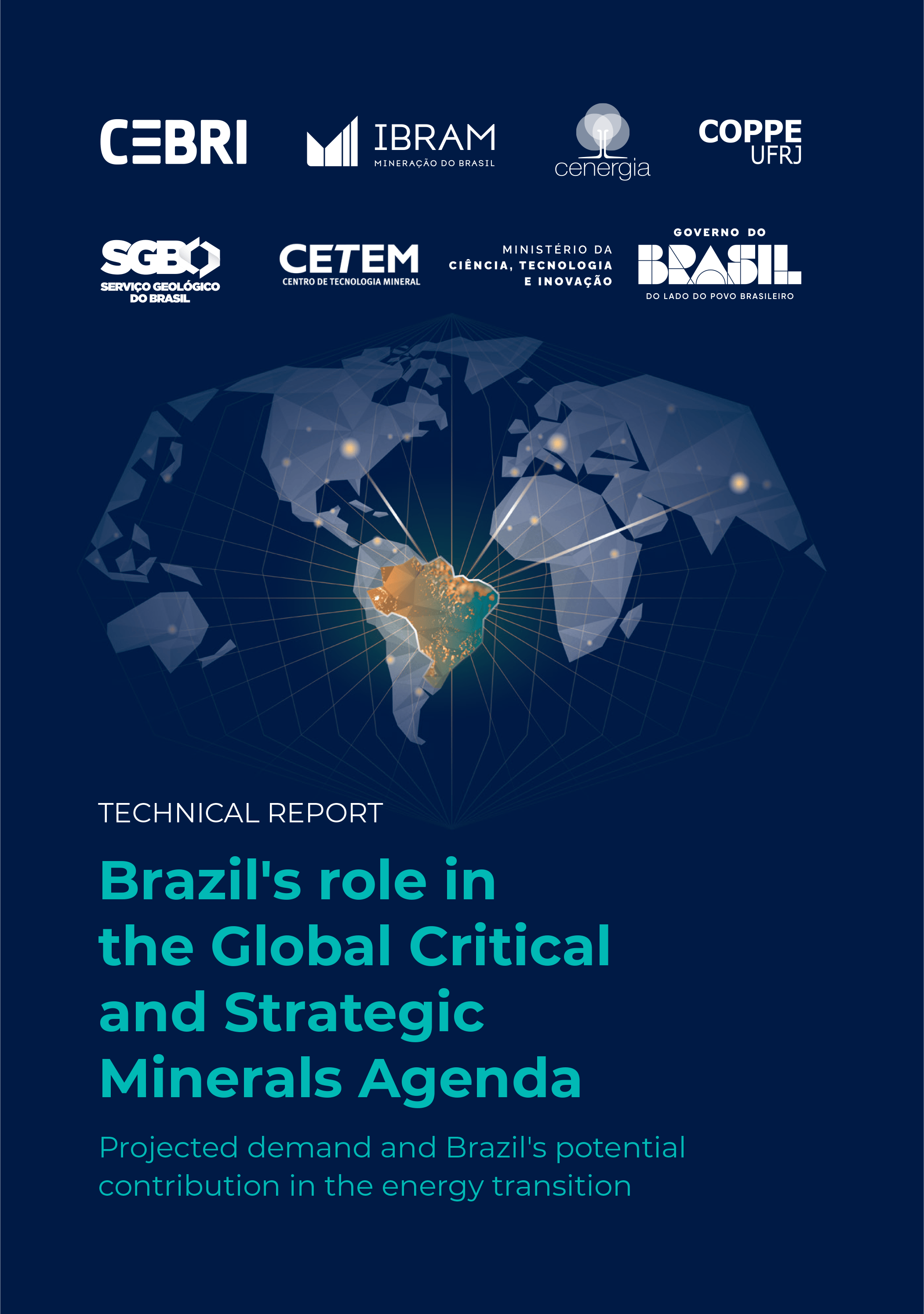
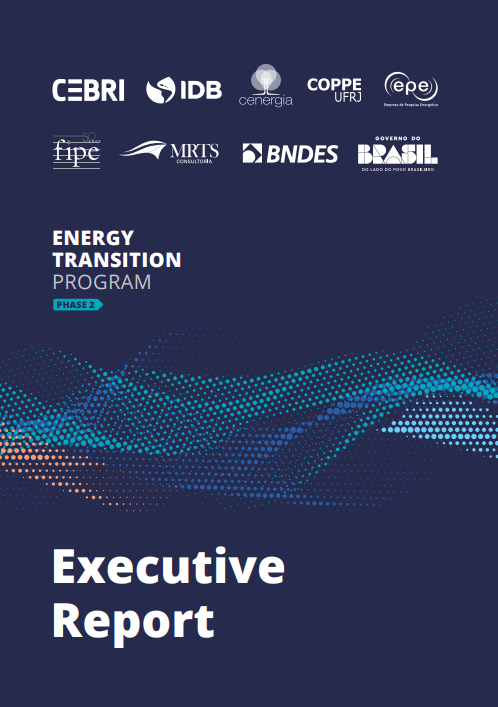
68a7084b9e103.jpg)
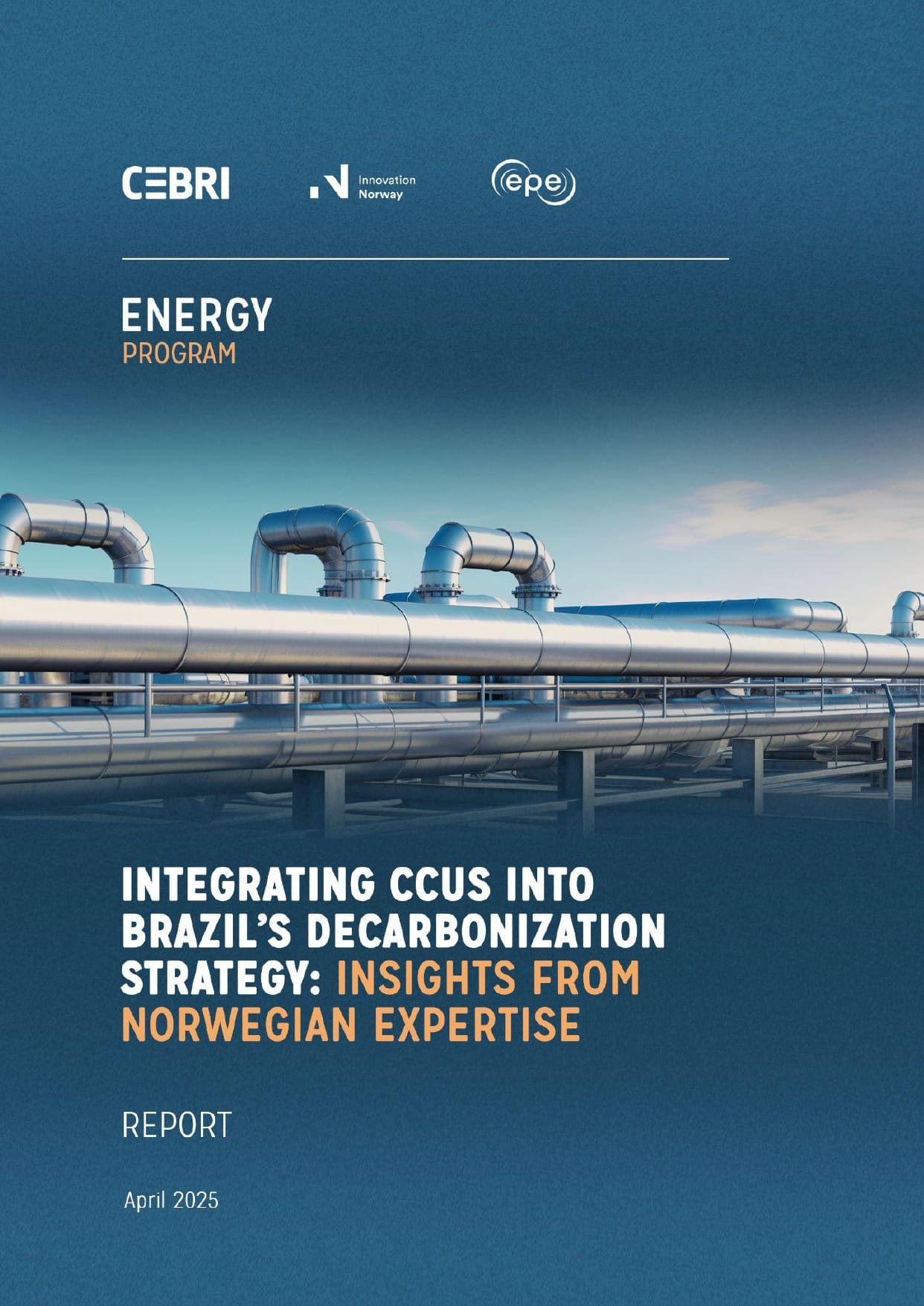
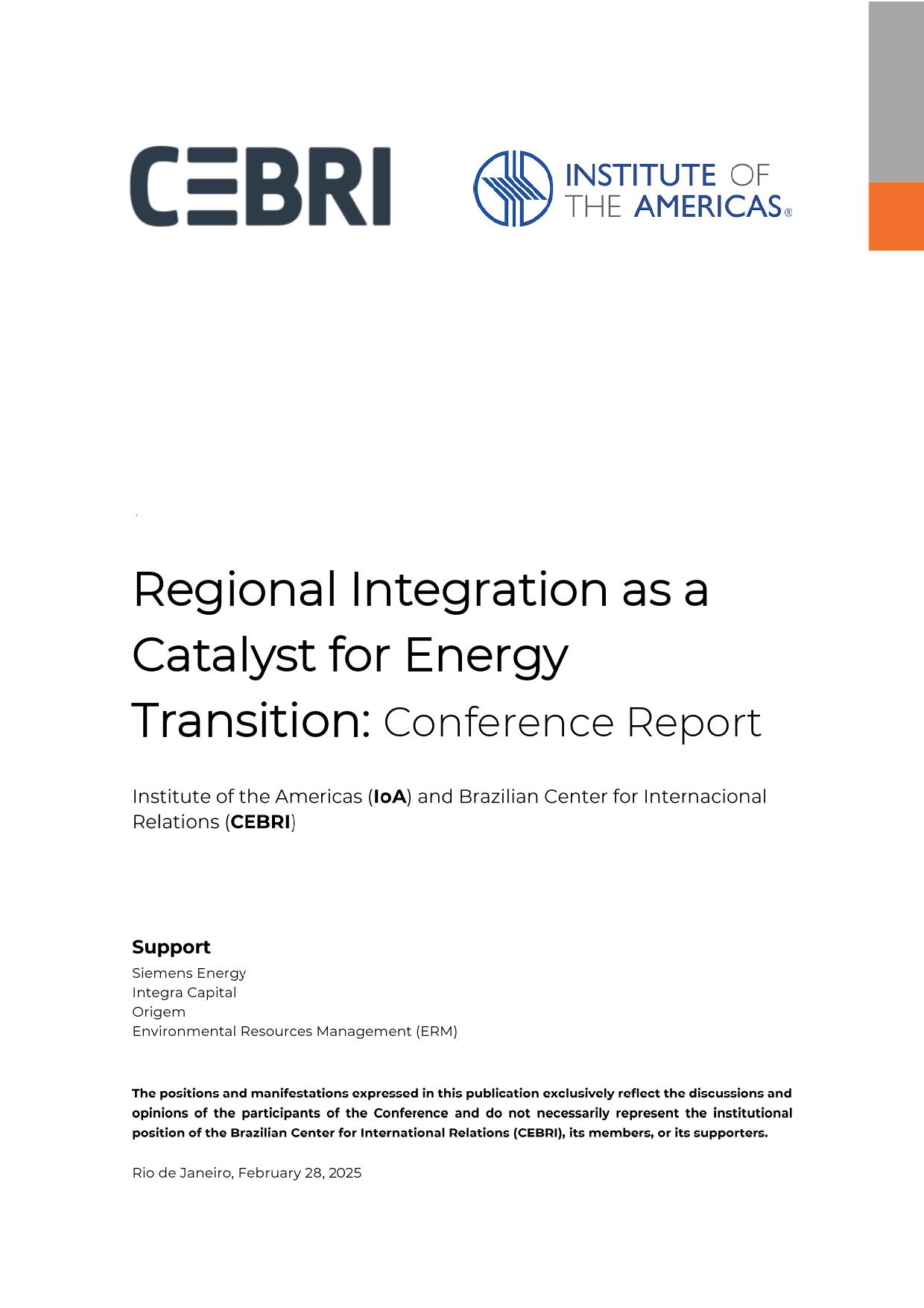
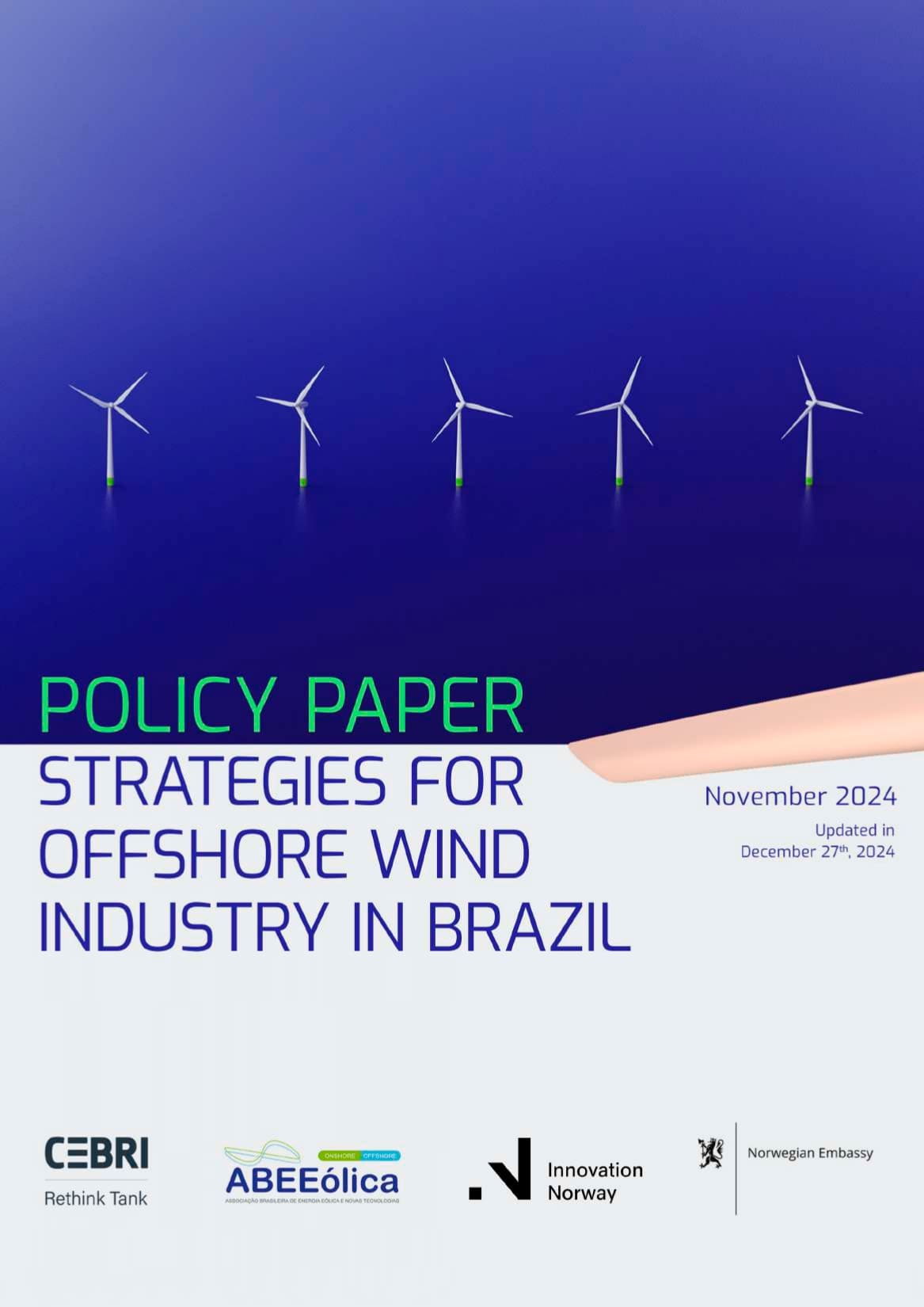
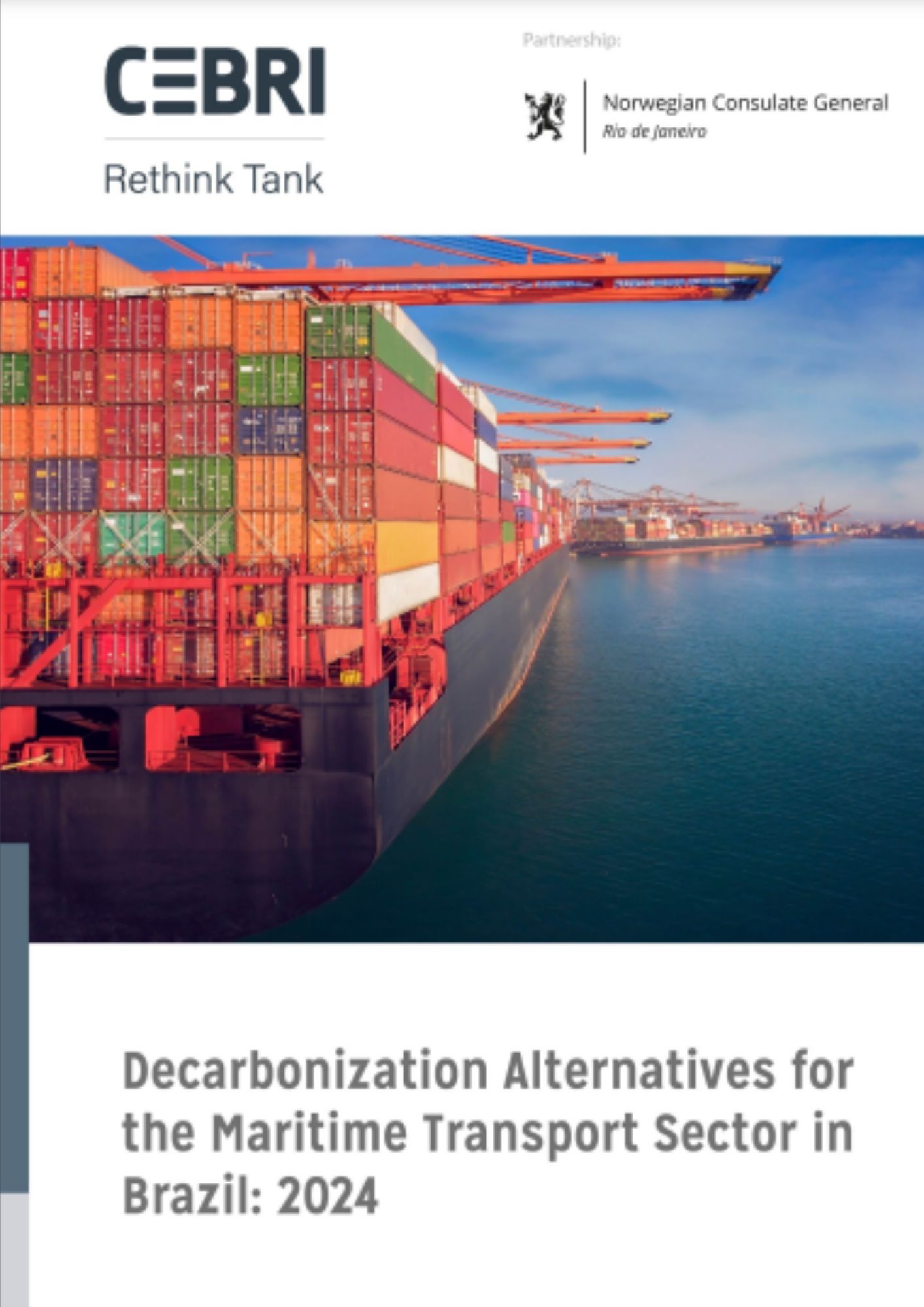
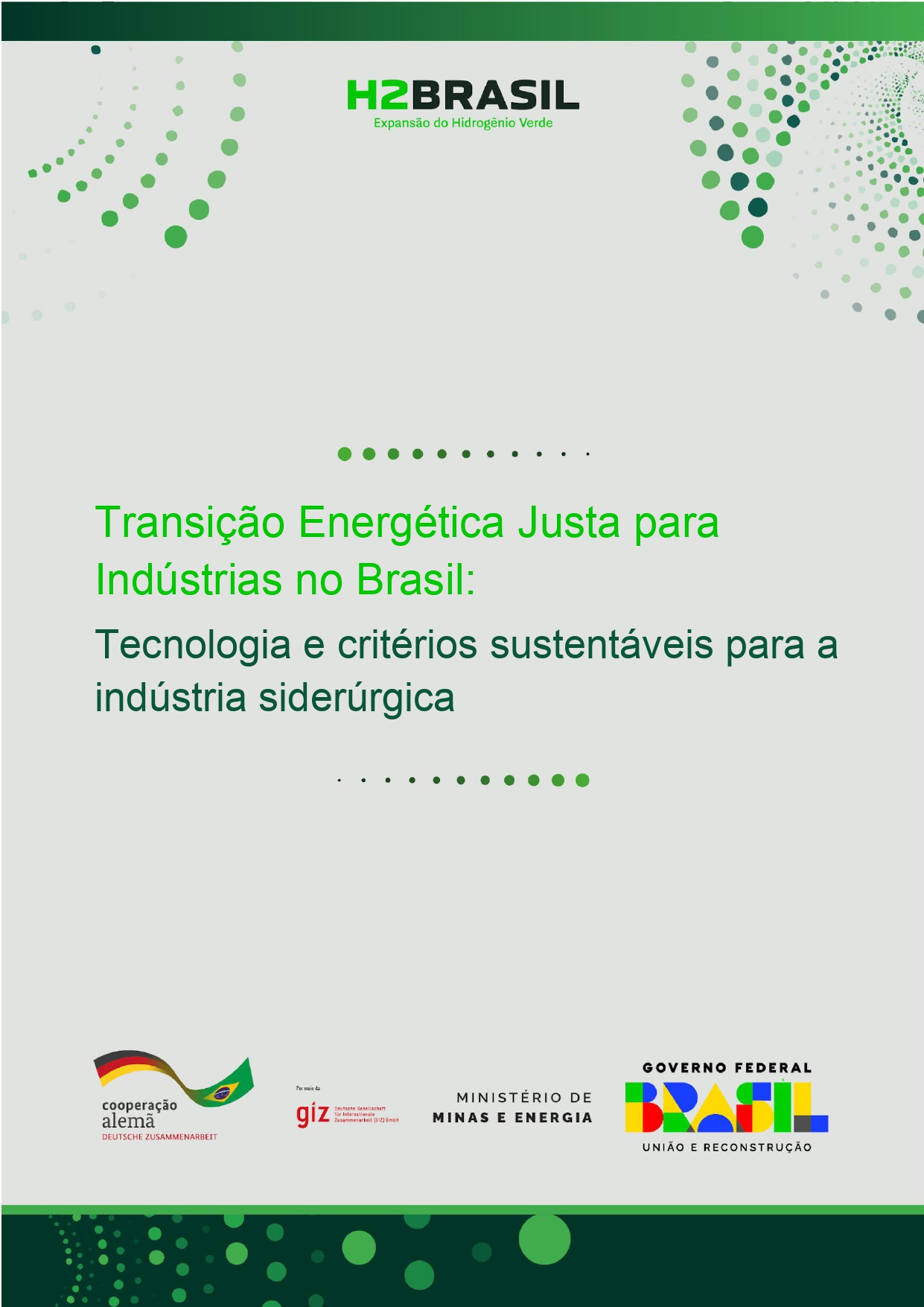
_(1)66f2c5a3aff01.png)
666b555faa3ff.png)
666b553310fe3.png)
